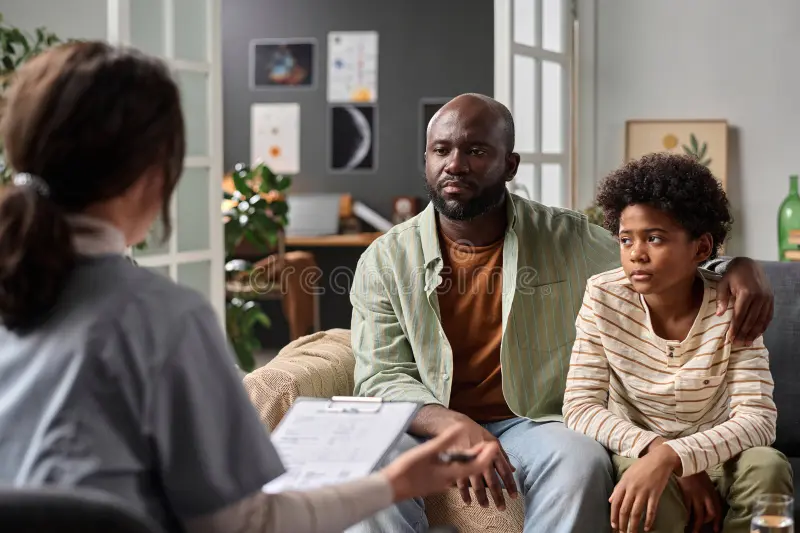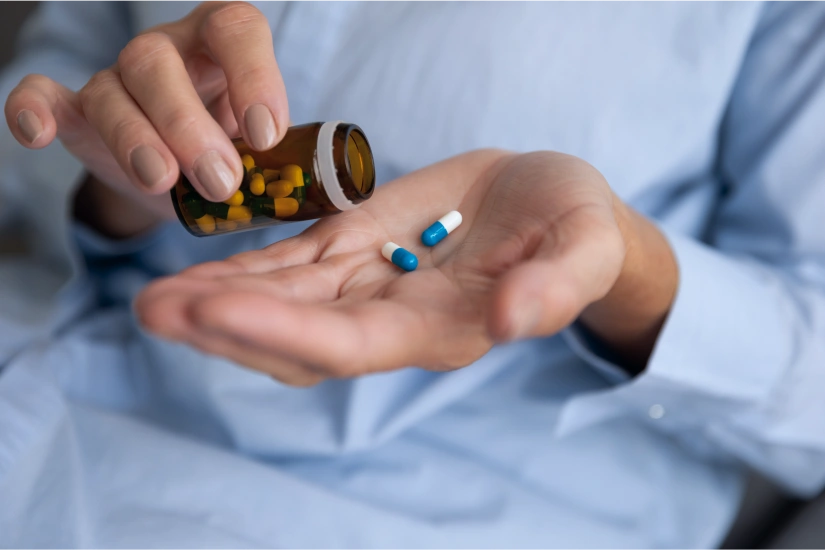24/7 Helpline:
(866) 899-221924/7 Helpline:
(866) 899-2219
Learn more about Group Therapy centers in Columbia
Group Therapy in Other Cities

Other Insurance Options

Kaiser Permanente

Oxford

Ceridian

Providence

Anthem

American Behavioral

WellPoint

Health Choice

CareFirst

Group Health Incorporated

Absolute Total Care

Covered California

WellCare Health Plans

United Health Care

Lucent

EmblemHealth

Holman Group

Aetna

UnitedHealth Group

ComPsych































